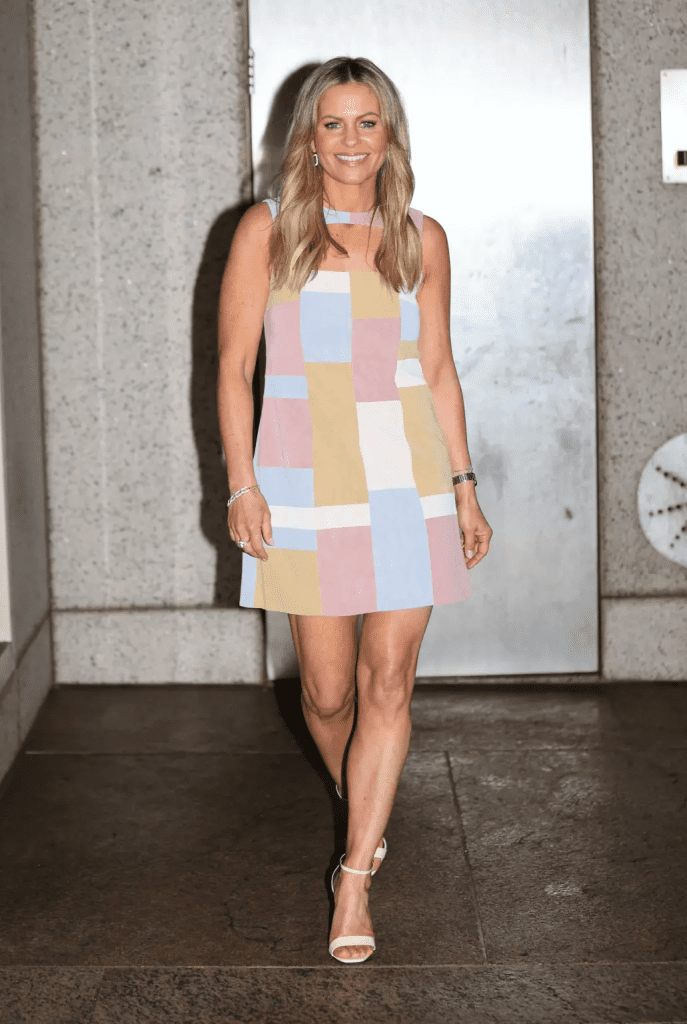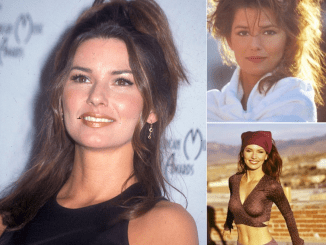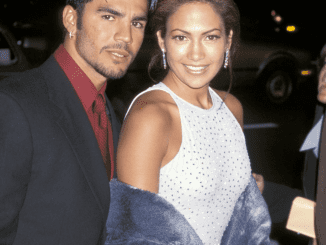In a move that has sparked intense debate and controversy, the 2024 Olympic Games in Paris included a drag performance that was interpreted by some as a recreation of the iconic painting “The Last Supper” by Leonardo da Vinci. The performance, which featured individuals dressed in drag, has drawn fierce criticism from certain religious and conservative groups, who have accused the organizers of “blasphemy” and “mocking the Christian faith.”

Whoopi Goldberg, Sara Haines, Ana Navarro and Alyssa Farah Griffin talking on Monday’s episode of “The View.”The View/NBC
On the ABC talk show “The View,” the hosts, including Whoopi Goldberg, Sara Haines, Ana Navarro, and Alyssa Farah Griffin, came to the defense of the Olympic performance. Goldberg argued that the show was not intended to be disrespectful, but rather a celebration of history and diversity. “It’s the Olympics! Stop! They’re not trying to do anything except talk about the history. They’re showing you the history,” she said, encouraging critics to simply change the channel if they were not interested.
Haines echoed Goldberg’s sentiment, pointing out that the artistic director, Thomas Jolly, had explicitly stated that the intention was never to show disrespect towards any religious group or belief. “I get so frustrated with religion. Don’t go by the literal letter of the bible, go by the example of the word – which is live with the grace, live with the forgiveness,” Haines argued.
Former “The View” co-host Candace Cameron Bure, however, strongly condemned the drag performance, calling it “disgusting” and a “complete blasphemy and mock[ery] of the Christian faith.” The “Fuller House” actress believed that the scene was a recreation of “The Last Supper” and expressed her sadness over what she perceived as a violation of Christian values.
Despite the art director’s clarification that the performance was based on a 17th-century Dutch painting of the Greek Olympian gods, and not a direct recreation of “The Last Supper,” Cameron Bure remained unconvinced, arguing that she still did “not see how that relates to unifying the world through competitive sports and acceptable for children to watch.”

The Olympics’ opening ceremony included a drag performance on Friday.NBC
The controversy surrounding the Olympics’ drag performance has highlighted the ongoing tension between artistic expression and religious sensitivities. While some view the performance as a celebration of diversity and a reflection of the inclusive spirit of the Olympic Games, others see it as a blatant disrespect of Christian values and a form of blasphemy.
The debate has also raised questions about the role of religion in public events and the balance between accommodating different belief systems and upholding the principles of free expression and artistic freedom.

Candace Cameron Bure issued a statement about the drag performance on her Instagram Story over the weekend.candacecameronbure/Isntagram
In response to the backlash, the art director, Thomas Jolly, clarified that the performance was not intended to be a direct recreation of “The Last Supper” but rather a reference to a 17th-century Dutch painting depicting the Greek Olympian gods. Jolly emphasized that the goal was to have a “pagan celebration connected to the gods of Olympus” and that there was never any desire to “mock and denigrate anyone.”
This explanation has done little to assuage the concerns of some critics, who argue that the connection to Greek mythology is still not sufficient to justify the use of a religious imagery in a sports event.
Defenders of the performance, however, argue that the drag rendition of “The Last Supper” is a legitimate form of artistic expression, one that challenges traditional notions of religious iconography and invites audiences to consider alternative perspectives.
They contend that the Olympics, as a global event, should embrace diversity and different cultural and artistic interpretations, even if they may be controversial or uncomfortable for some. The performance, they argue, should be seen as an opportunity for dialogue and understanding, rather than a target for condemnation.

The “Fuller House” actress appears on “The View” on April 12, 2024.GC Images
The controversy surrounding the Olympics’ drag performance has broader implications for the way we navigate cultural and religious divides in a increasingly diverse and globalized world. It raises questions about the role of religion in public events, the boundaries of artistic expression, and the need for mutual understanding and respect among people of different beliefs and backgrounds.
As the debate continues to unfold, it will be important for all sides to engage in constructive dialogue, to listen to each other’s perspectives with empathy, and to find ways to celebrate diversity and artistic expression while also respecting the deeply held religious beliefs of individuals and communities.
The controversy surrounding the Olympics’ drag performance of “The Last Supper” is a complex issue that defies simple answers. It highlights the ongoing tensions between artistic expression, religious sensitivities, and the desire to create inclusive and welcoming public events.
As we navigate these challenging waters, it is essential that we approach the debate with nuance, empathy, and a genuine commitment to understanding each other’s perspectives. By fostering open and respectful dialogue, we can find ways to celebrate diversity and creative expression while also respecting the deeply held beliefs of people of faith.
Ultimately, the success of events like the Olympics lies in their ability to bring people together, to celebrate our shared humanity, and to inspire us to transcend our differences. The way we handle controversies such as this one will be a crucial test of our ability to achieve that lofty goal.


